Engineering: Ideas and Reality
Engineers play an integral role in bringing society’s wishes to fruition. As Engineers Australia’s monthly magazine create notes, we engineer ideas into reality.
However, when we go about taking ideas and making them real we have responsibilities. We are obliged to consider the ideas’ risks as well as benefits. We must ensure that our engineering activities meet our society’s expectations, and in particular that we address all our legal duties as engineers.
And so, even as we engineer new ideas into reality, we must also engineer the new reality we create into ideas – the ideas expressed in Australia’s laws.
Australia is an egalitarian society. Our judicial and political systems are predicted on the basis of equality for all before the law. This gives rise to a number of interesting ideals. For instance, one of our fundamental legal safety principles is that, for a known safety hazard, everyone is entitled to the same minimum level of protection. This arises from work health and safety legislation in all states and territories.
As another example of this, recognised good practice is a standard to which all engineers are held, in safety matters and otherwise. Engineering good practice is demonstrated in many ways, including standards and guidelines for design, operation, asset management and so on. It is also presented in regulations, which essentially present good practice that is so well recognised that the governments agree that it must be mandated. The National Construction Code is a prime example of this.
This reliance on recognised good practice means that, for instance, an engineering project manager who fails to implement recognised good practice measures to address the risk of project cost or timeline overrun would very likely expose his organisation to civil liabilities.
The simplest, cheapest and most effective way for engineers to address these and other legal requirements is to adopt systems and processes that demonstrate due diligence, that is, that all reasonable measures have been taken. This approach ensures engineering activities and engineering decisions are conducted in a manner consistent with legal requirements – that as we engineer ideas into reality, we also engineer reality to the right ideas.
To learn more about demonstrating due diligence as engineers, register for EEA’s Engineering Due Diligence workshop.
EA College of Leadership & Management Event
In his capacity as Victorian Committee member, Tim Procter organised and MCed the recent winter seminar for Engineer Australia’s College of Leadership and Management.Daniel van Oostenwijck (VicTrack) and Clive Domone (EY) spoke on The Mobile Office – Working Anywhere, providing insight to help leaders and managers achieve high performance when leading distributed teams. Daniel and Clive made many interesting points from their experience as both leaders and team members, prompting audience questions and discussions.With around 30 attendees in person and another 90 registered to watch online the seminar was well attended. The event was recorded as a video webinar for future viewing. The link to view the webinar is here:https://livestream.com/accounts/5690925/events/7597877(The password is ‘Gradedge2017’; the webinar begins at the 16:00 minute mark.)
